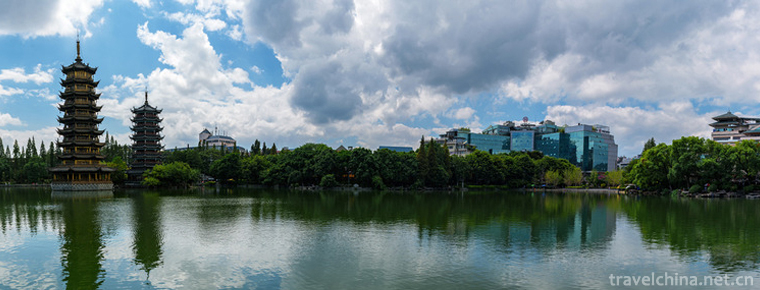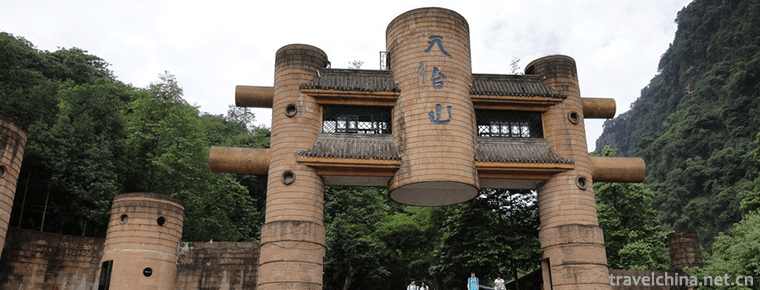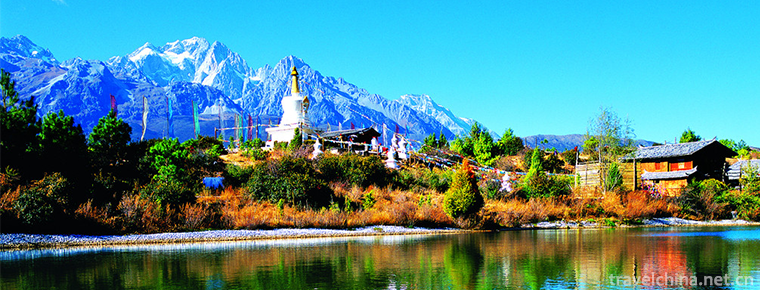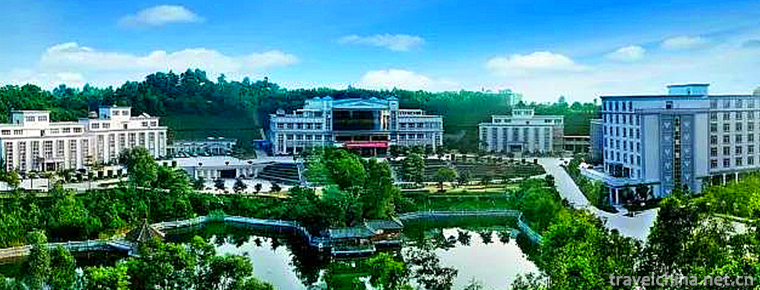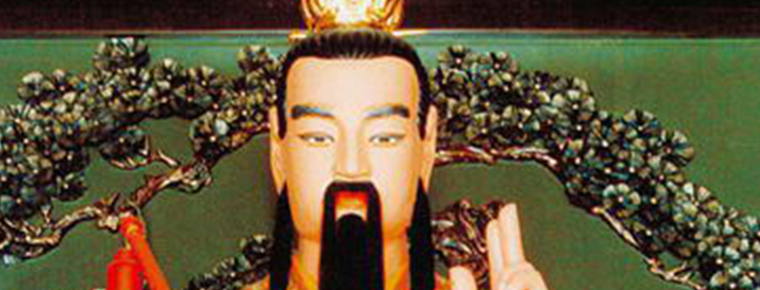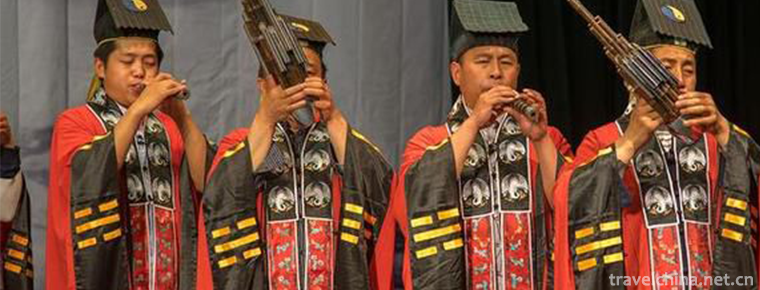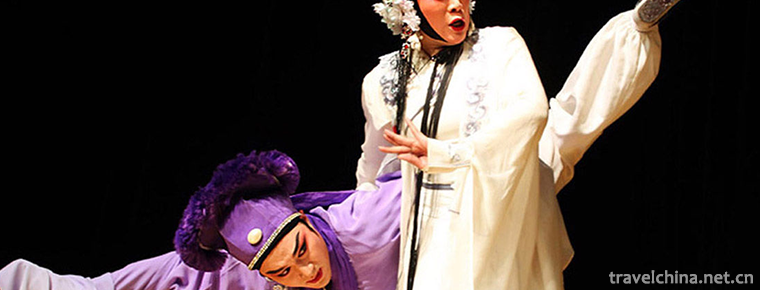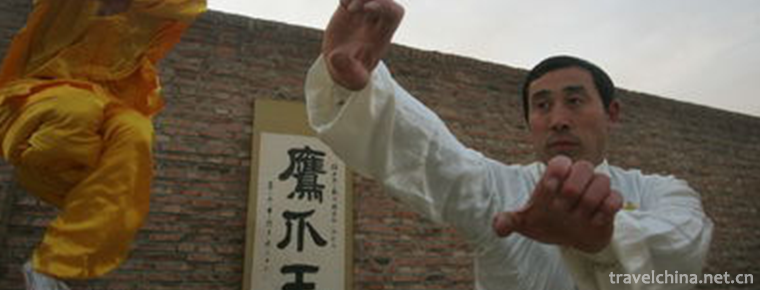Ching Bo Leung
The word "cool" in Hainan dialect can be pronounced as "Yin Shang Sheng", which is homonymous with the two words used as weight unit. It is the soup of old fire for clearing heat and removing dampness in summer.
The materials for clearing up and cooling are not unified. They are mainly based on strengthening spleen and removing dampness. Materials usually include: mung beans, red beans, Huai Shan, lotus seeds, Zimi, Coix, sago, lily, jujube and apricot, and add fruit such as watermelon, pineapple and longan to make sugar water. There are also old fire soup with Radix Astragali, dangshen, Huai Shan, lotus seed, * Ophiopogon japonicus, Yun Ling, blue jujube, fig and pork tendon. Different stores have their own ingredients according to different groups.
Qing Buliang usually appears in the form of sugar-forming water and Laohuo decoction. Different regions have their own unique flavor and therapeutic effect. After improvement, in addition to the original low sugar water, there are also different ways of eating coconut water, coconut milk, ice sand and ice cream. It is popular in China's Hainan, Guangdong, Hongkong, Macao, Guangxi and other regions.
Legend has it that after the first Qin emperor unified seven countries, he began to calm the Baiyue land in south of the Five Ridges. In 219 B.C., Emperor Qin Shihuang appointed Tu Sui as the chief General and Zhao Tuo as the deputy general to lead 500,000 troops to pacify Lingnan and advance the army to Lingnan. Because Lingnan belongs to the East Asian monsoon climate zone and has the characteristics of tropical and subtropical monsoon oceanic climate, the soldiers in the Central Plains are not adapted to the humid climate in the south. They get sick one after another, and the army's combat effectiveness is greatly reduced, and the battles are often defeated. At a time when the generals were at a loss, the military doctor developed a kind of porridge for both medicine and food. The porridge was made of lotus seeds, lilies, ginseng, Cishi, Yuzhu, Huaishan and coimi, which were processed into pulp. After taking it, people feel calm and energetic, and the army is brave in fighting again. Zhao Tuo said with emotion, "the food is clear and hot," and "replenishing qi". In order to ensure combat effectiveness, Zhao Tuo ordered his subordinates to eat a bowl of refreshing and refreshing food every morning. After the demise of the Qin Dynasty, Zhao Tuo began to annex Guilin County and Xiangjun County, and established the South Vietnam State in Lingnan region, calling himself "King of Wu of South Vietnam". The capital city of Panyu is Guangzhou today. He has been in power for 66 years and is a real "longevity man".
China's medicinal diet has a long history, from the court to the public widely disseminated. According to statistics from relevant scholars, there are more than 300 books on medicinal diet since the early Han Dynasty to the late Ming Dynasty. Nowadays, the works on dietary therapy and medicinal diet are more colorful and widely used than ever before, so that there are some special restaurants for medicinal diet. In people's lives, medicinal food has been popularized and enjoys high reputation abroad. Medicinal diet is an important part of traditional Chinese diet and traditional medicine.
Qing Bu Liang has a good effect of invigorating spleen and invigorating qi. At the same time, Qing Re Runfei, family soup, the elderly and young should be salty. Those who are weak and fire rising are especially suitable for Codonopsis pilosula to invigorate Qi and invigorate spleen and lung. It is used for spleen and lung weakness, shortness of breath, palpitation, less food, loose stools, asthmatic cough, internal heat and thirst. The commonly used Qi-Tonifying drugs in clinic have the functions of invigorating spleen and lung, which are similar to ginseng but weak. They are suitable for all kinds of deficiency of qi.
At the end of the Hong Kong people's favorite Hainan tourism product selection, Hainan flour, refreshing and refreshing, tropical fruit and pulp food and other Hainan specialty foods were selected as "Hong Kong people's favorite Hainan Top Ten Cuisines". This is the South China Sea network reporter learned from the Hainan Provincial Tourism Commission in October 8th.
"Ten favorite Hainan delicacies of Hong Kong people" are Wenchang chicken, East goat, Jiaji duck, Wenchang Baoluo powder, Hele crab, Lingao suckling pig, Hainan chicken rice, Hainan powder, colorful tropical pulp food, summer refreshing and refreshing.
Hong Kong is the main market of inbound tourists in Hainan Province. In order to enhance the promotion of Hainan tourism to Hong Kong, expand the market share of Hainan's tourists, let more Hong Kong people understand Hainan's characteristic tourism products, deepen the "one-way, multi-station" cooperation pattern in Qionggang, and attract more Hong Kong citizens and foreigners to Hainan. Tourism, Hainan Provincial Tourism Development Committee and Hong Kong "Wen Hui Bao" jointly organized the first "Hong Kong people's favorite Hainan tourism products" selection event officially opened in Hong Kong on July 1.
The selection began from 1 July to the end of September 30th. It was launched in Hongkong Wen Wei Po and Wen Hui online for 3 months. The selection activities are divided into six series. Ten Hainan International Brand Hotels, Local Brand Hotels, Golf Courses, Scenic Spots and Gourmet Food are selected as Hong Kong people's favorite hotels. Five tourist cities and counties are selected.








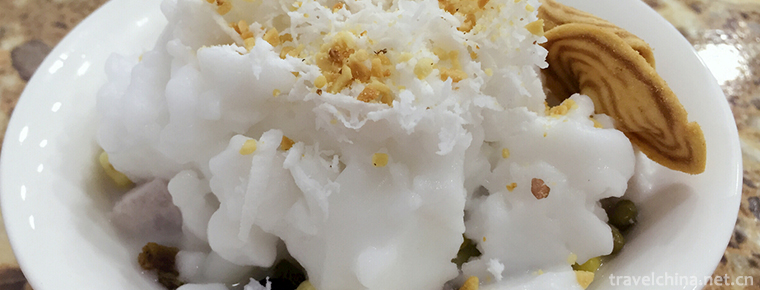
-
Guilin two rivers and four lakes
Guilin's "two rivers and four lakes" refer to the Lijiang River.
Views: 153 Time 2018-10-12 -
Tiantai Mountain Scenic Area
Tiantai Mountain Scenic Spot, National AAAAA Class Tourist Spot, National Key Scenic Spot, One of China's Top Ten Famous Mountains, National Eco-tourism Demonstration Zone, Zhejiang Top Ten Tourist Sp.
Views: 259 Time 2018-12-07 -
Dongba Valley Scenic Area
Dongba Valley Scenic Area, located at the foot of Yulong Snow Mountain, Yunnan Province, 15 kilometers away from Lijiang River, is a natural ecological Grand Canyon, a rift valley torn apart during th.
Views: 125 Time 2018-12-20 -
Jingming Hot Spring Resort
Jingming Hot Spring Resort is the largest resort in China. It is located in Jingxi Garden Town, Jiexi County, Jieyang City, Guangdong Province. It is built by Shenzhen Anyuan Investment Group Co., Ltd.
Views: 337 Time 2018-12-22 -
The legend of Huang Daxian in Huangchuping
Huang Chuping's legend is one of the local folklores in Jinhua, Zhejiang Province. It originated in the Eastern Jin Dynasty. The earliest written record was in The Biography.
Views: 69 Time 2019-05-04 -
Sheng Guanyue in Jizhong
Jizhong Sheng wind music is popular in Jizhong Plain, that is, south of Beijing, west of Tianjin, north of Cangzhou and Dingzhou frontline nearly 30 counties and cities of traditional drum music varie.
Views: 303 Time 2019-05-05 -
Wenzhou opera
Ou Opera has a history of more than 300 years with "written warmth" as its stage language. The more influential traditional plays are Gao Ji and Wu Sanchun, Yanghe Pickup and the modern play.
Views: 89 Time 2019-06-08 -
Eagle Claw
Eagle Claw Turn Boxing is a new type of Chinese traditional boxing, which is derived from the Eight Flash Turn. It is also a famous Chinese national master, Mr. Chen Zizheng (1878-1933) (from Li Linzh.
Views: 183 Time 2019-07-14 -
Chinese Cheongsam QiPao start time
When it comes to the beginning of cheongsam fashion, it is generally believed that in the period of the Republic of China in the 20th century, Mr. Zheng Yimei said that "the original women wore short clothes in the Qing Dynasty, but did not wear .
Views: 362 Time 2020-12-11 -
Panzhihua in the Sui Dynasty to Yuan Dynasty
At the beginning of Sui Dynasty, Yanzhou was still set up, which was renamed Xining Prefecture and Guazhou Prefecture, and became Yueyi county again. The five counties of Yanzhou established by the Northern Zhou Dynasty were abolished, and the other five counties were subordinate .
Views: 137 Time 2020-12-14 -
Neijiang tertiary industry
In 2019, the investment in real estate development in Neijiang City will increase by 2.7% over the previous year. The construction area of commercial housing was 12.4341 million square meters, an increase of 8.9%. The sales area of commercial housing was 4.6939 million square meters, an increase of 8.0%..
Views: 310 Time 2020-12-16 -
Meishan City logo
Meishan City logo is composed of ancient Chinese tile pattern and Dongpo head portrait, which shows a feeling of ancient historical traces and reflects the ancient culture of Meishan. From the design to the font are used a simple style, using the combinatio.
Views: 321 Time 2020-12-18
